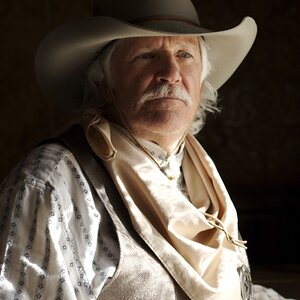Ccauceg
TPF Noob!
- Joined
- Jun 23, 2008
- Messages
- 114
- Reaction score
- 1
- Location
- Utah
- Can others edit my Photos
- Photos OK to edit
I have a paper to write that includes The Second Law of Thermodynamics. So I have been looking all over the web for a simple explaination of the law, and i cant seem to find one. Could someone please explain it in a way that a moron could understand?





![[No title]](/data/xfmg/thumbnail/42/42230-fa8ace50a80342c7d91db1431f911bab.jpg?1619740048)







